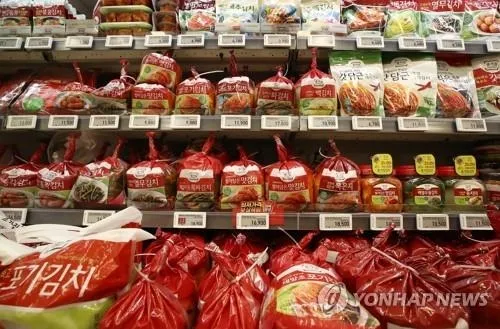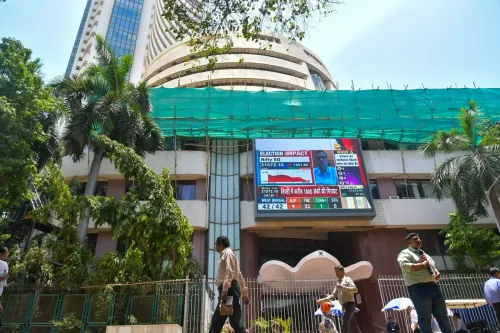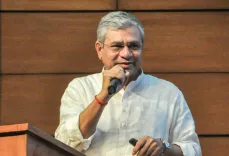Is the Government Pushing for Tech-Driven Nutrition Tracking?
Synopsis
Key Takeaways
- Significance of monitoring daily calorie intake
- Impact of nutrition on health
- Collaboration is essential
- Addressing food adulteration is critical
- Need for evidence-based health policies
New Delhi, May 27 (NationPress) The Ministry of Food Processing Industries (MoFPI) has requested the National Institute of Food Technology Entrepreneurship and Management (NIFTEM-Kundli) to create a smartwatch-like gadget that can track an individual's daily calorie or energy intake, aiding in monitoring nutrition levels.
This device could play a significant role in enhancing health and preventing two-thirds of global deaths attributed to non-communicable diseases (NCDs).
During a one-day workshop held in partnership with NIFTEM-Kundli, Dr. Subrata Gupta, Secretary of MoFPI, emphasized that in today's fast-paced environment, health and diet have become paramount.
At the event, named SWASTH (Stakeholders Workshop on Actionable Strategies for Tackling High in Fat, Salt, and Sugar (HFSS) and ultra-processed foods (UPFs)), Gupta acknowledged the rising public awareness regarding wellness, as indicated by the growing adoption of smartwatches for tracking physical activity.
However, he also identified a critical gap: “While we monitor our daily steps, we frequently neglect to track our daily energy or calorie intake.”
Gupta raised concerns about food adulteration in processed products and significant food wastage, advocating for collective innovation and action to address these challenges.
Additionally, experts at the workshop stressed the importance of promoting traditional food practices while combating adulteration.
Dr. Harinder Singh Oberoi, Director of NIFTEM-K, announced that NIFTEM-K, in collaboration with FSSAI, is ready to actively work on standardizing and notifying methods to assess added sugar in food items.
Dr. Ravinarayan Acharya, DG of the Central Council for Research in Ayurvedic Sciences (CCRAS), revealed that the Ministry of Ayush is collaborating with FSSAI and various governmental bodies to ensure the safety, quality, and healthfulness of food products.
Dr. Satyen Panda, Executive Director (R&D) and Advisor (QA, FSSAI), highlighted the dangers linked to HFSS and UPFs.
“Adulteration is prevalent in numerous processed items,” he noted, stressing the necessity for a balanced and scientific strategy to effectively tackle this escalating issue.
The experts strongly advocated for future policies to be founded on rational, evidence-based frameworks reflecting the complexities of modern food systems.








